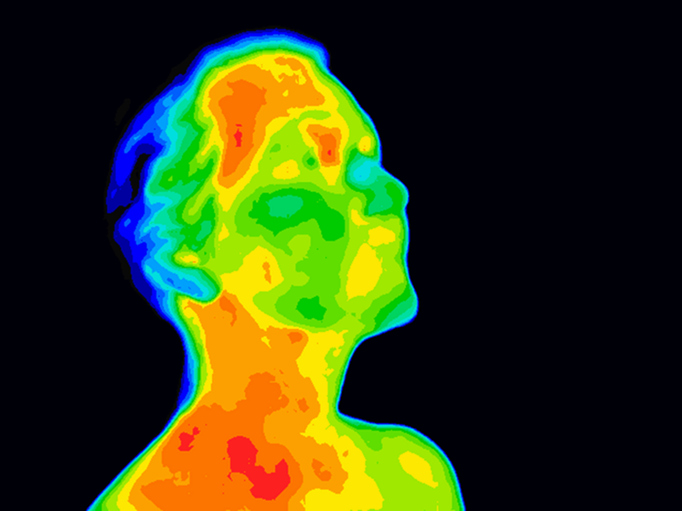
The Connection Between Inflammation and Vitamin D
Your immune system naturally responds to an injury or illness with inflammation. In healthy people, this inflammation lasts a short duration until the injury heals or the illness goes away. However, when inflammation lingers, it can lead to more severe health conditions, such as diabetes, cancer, and heart disease.
Many factors go into inflammation, including lifestyle factors. For example, inflammation has been linked to poor diet, increased age, and heightened levels of stress. So, how does Vitamin D help with inflammation? Let’s get into it.
How Does Vitamin D Affect Inflammation?
Researchers have recently found that Vitamin D has anti-inflammatory properties, meaning it may help lower inflammation, particularly in conditions that are highly inflammatory, such as inflammatory bowel disease, cystic fibrosis, and congestive heart failure.
Further, researchers have discovered that people who are older may be more prone to experiencing inflammation if they have a Vitamin D deficiency. One study concluded that older adults classified as Vitamin D deficient had higher inflammation levels than their peers who were not Vitamin D deficient.
The anti-inflammatory properties of Vitamin D can be beneficial for preventing or mitigating the symptoms of several diseases linked to high inflammation, including obesity, diabetes, autoimmune disorders, and inflammatory bowel disease. At the same time, it can ensure the body does not emit too high of an immune response when faced with a virus such as the flu, making it more likely that people with sufficient Vitamin D levels will recover without experiencing too severe of symptoms. If you take a Vitamin D test and find that you are Vitamin D deficient, you can safely add more to your diet with a Vitamin D supplement.
Can Too Much Vitamin D Cause Inflammation?
The primary problem with having too much Vitamin D is calcium absorption, which is one of the main things Vitamin D does for us. Too much calcium (known as hypercalcemia) can lead to health conditions such as dehydration, irregular heartbeat, kidney stones, and pancreatitis, which is just a big word for pancreas inflammation.
It’s important to note that getting such elevated levels of Vitamin D that cause serious health problems is not necessarily easy. One study found that 2 out of 19 people who had Vitamin D toxicity ended up with pancreatitis. However, those people took an average of 6 million IU of Vitamin D over 1–3 months. That is far more than the standard recommendation of a Vitamin D supplement.
Of course, with any supplement, please speak with a healthcare provider for dosing instructions and if you have any questions or concerns about the supplements you are taking.
Other Ways to Lower Inflammation Naturally
Getting more Vitamin D is just one way to lower inflammation. Other methods include quitting smoking, maintaining a healthy weight, following an anti-inflammatory diet, and undergoing red light therapy (RLT). Red light therapy is a safe, simple, non-invasive treatment that can lower inflammation, increase circulation, and enhance energy levels. Best of all, it can be done from home with a red light device like DNA Vibe to improve your well-being from the comfort of your home.
Inflammation impacts every aspect of your health. Make sure you take steps to keep it under control so you can live the life you have always dreamed of.
Health Disclaimer: It is recommended the reader of this site consult with a qualified health care provider of their choice when using any information obtained from this site, affiliate sites and other online websites and blogs. Please consult your health care provider before making any healthcare decisions or for guidance about a specific medical condition.